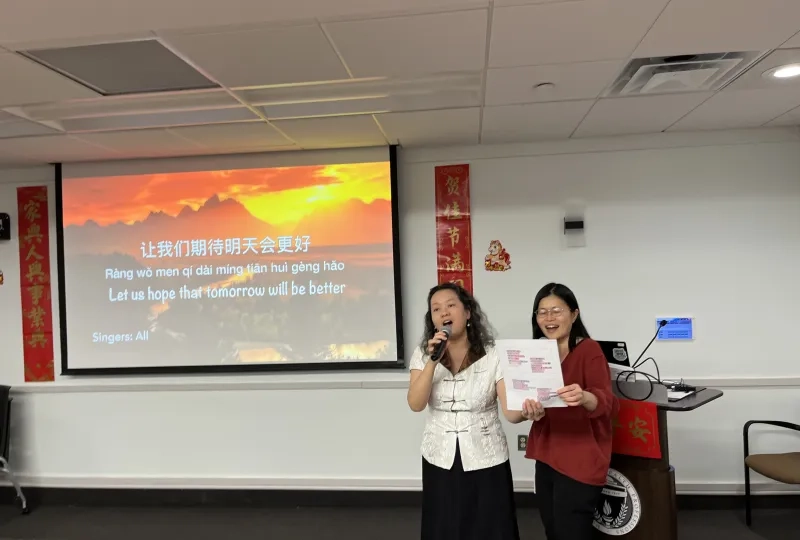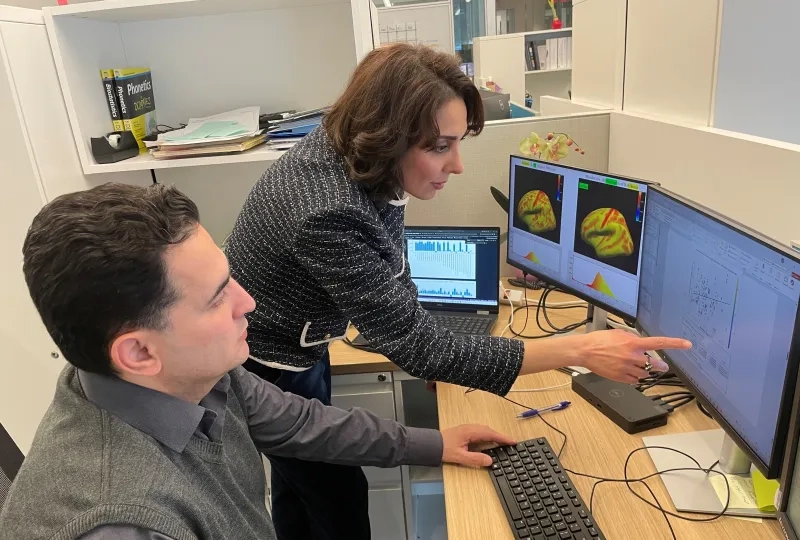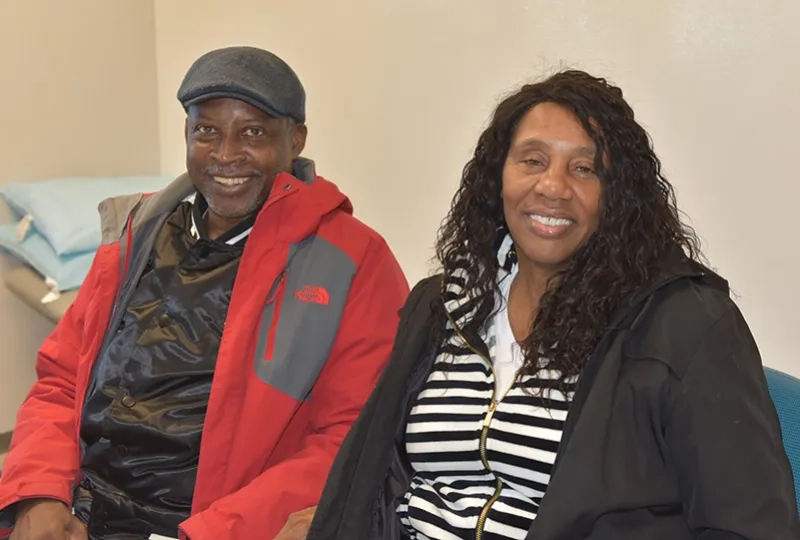
Speech Language Pathologists (SLPs) are prominent figures in the world of healthcare and education, playing a vital role in enhancing communication and swallowing abilities for individuals of all ages. If you've ever wondered about the daily life of these dedicated professionals, this article will provide a glimpse into the diverse roles of SLPs in a variety of settings.
A Day in a School: Nurturing Communication in Young Minds
Morning: In-class support and group sessions
An SLP working in an elementary school might begin their day with “push-in” services, where they go into a class to support students during various subjects. They might help students with language disorders as they work on a research writing activity, or help a small group with vocabulary from a classroom textbook or novel assignment. This type of support allows teachers and SLPs to be close collaborative partners and to make decisions together about how to support students in the educational setting. The SLP might also see individual students, or small groups, where they focus on specific skill-building such as articulation disorders or language formulation tasks. Planning individualized treatment plans is a crucial part of the morning routine, tailoring interventions to address specific challenges.
Afternoon: Assessments and Collaboration
An SLP may have dedicated assessment time to complete evaluations of students identified by the educational team, which includes parents and guardians. These evaluations help identify students with speech or language disorders. The SLP collaborates with teachers and parents to gather information, ensuring a holistic understanding of each child's needs. Collaboration with teachers and support staff is constant, ensuring a cohesive approach to students' progress. The SLP may spend time meeting with teachers and other support staff such as special education teachers, occupational therapists, and school counselors, as well as connecting with caregivers to ensure solid communication between the school and home environment.
A Day in Hospitals: Guiding Recovery and Rehabilitation
Morning: Multidisciplinary Rounds and Assessments
In a hospital setting, an SLP may begin the day by participating in multidisciplinary rounds. These discussions involve healthcare professionals from various specialties, ensuring a comprehensive approach to patient care. Assessments follow, as the SLP evaluates patients with communication and swallowing disorders resulting from conditions such as strokes or traumatic brain injuries.
Afternoon: Therapy Sessions and Treatment Plans
The afternoon might be dedicated to completing modified barium swallow studies in the fluoroscopy suite. This activity allows the SLP, along with a radiologist and physician, to determine etiologies of swallowing challenges with a patient. The SLP then makes recommendations; collaborating with occupational therapists and physicians, the SLP designs and adjusts treatment plans, addressing the unique needs and goals of each patient.
Late Afternoon: Family Education and Progress Reports
In the late afternoon, the SLP meets with patients' families to provide education on communication and swallowing strategies. Clear communication about progress and expectations is crucial for family members as they support their loved ones through the rehabilitation process. Detailed progress reports are shared with the healthcare team, ensuring a coordinated and informed approach to patient care.
A Day in Private Practice: Tailoring Individualized Therapy
Morning: Client Assessments and Treatment Planning
In a private practice setting, an SLP often starts the day with client assessments. These assessments help identify specific speech or language challenges, and the SLP collaborates with clients to set personalized goals. Treatment plans are then developed, aligning with the client's unique needs and preferences.
Afternoon: One-on-One Therapy Sessions
The heart of the day in private practice is dedicated to one-on-one therapy sessions. Whether addressing speech articulation, language development, or voice disorders, the SLP works closely with clients, providing tailored interventions. The personalized nature of private practice allows the SLP to adapt and modify sessions in real-time, maximizing the effectiveness of each therapy session.
Late Afternoon: Progress Reviews and Professional Development
As the day progresses, the SLP reviews client progress and adjusts treatment plans accordingly. Continuing education is a key component of private practice, and the late afternoon may involve staying abreast of the latest research and techniques. Networking with other healthcare professionals ensures a holistic approach to client care.
There are many roles SLPs can play; whether in schools, hospitals, or private practice, SLPs are dedicated to enhancing communication and swallowing abilities for individuals across the lifespan. Take a look at MGH Institute of Health Professions' speech language pathology curriculum plans if you are interested in how to become a Speech-Language Pathologist. Our integration of written with spoken language disorders studies also allows you to become eligible for Reading Specialist Licensure.



